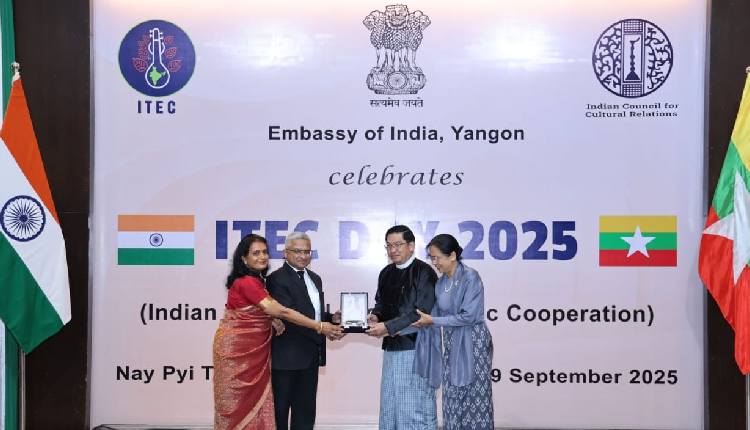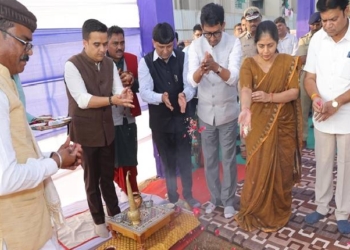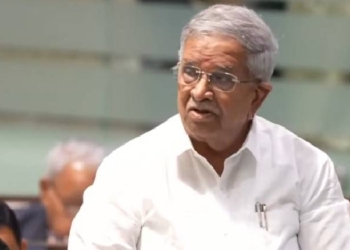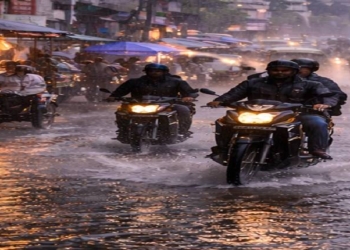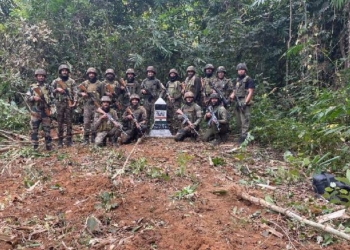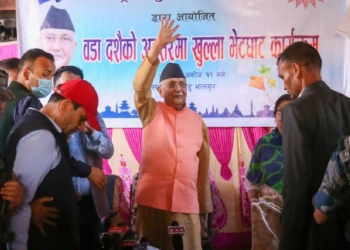Naypyidaw: The 62nd Indian Technical and Economic Cooperation (ITEC) Programme Day was celebrated in Myanmar’s Naypyidaw, which was attended by several diaspora members and officials.
India’s flagship capacity-building initiative, more than 250 guests, including Myanmar ITEC beneficiaries, alumni of civilian and defence ITEC courses, senior officials, and members of the Indian community in Myanmar, gathered in Naypyidaw for the celebrations.
The reception, hosted by Indian Ambassador to Myanmar Abhay Thakur on Friday, saw the presence of Myanmar’s Prime Minister U Nyo as Chief Guest, accompanied by Minister of Foreign Affairs U Than Swe, Minister for Investment and Foreign Economic Relations Wah Wah Maung, Deputy Minister for Foreign Affairs U Ko Ko Kyaw, and Deputy Minister for Foreign Affairs U Naing Min Kyaw, along with senior representatives from various ministries and institutions.
According to the Indian Embassy in Myanmar, the ITEC programme was introduced in the country in 1996 with an initial 30 slots.
Over the years, this number has steadily grown to nearly 700 slots annually, with around 500 actively utilised. Since 2014, over 4,500 professionals from Myanmar have participated in short-term specialised training programmes under ITEC.
Among the most popular courses are Proficiency in English Language, Leadership for 21st Century Professionals, Public Policy and Administration, Budgeting, Accounting and Financial Management, and Data Analytics.
“Development Cooperation for the benefit of the people of Myanmar, driven by the needs and priorities of Myanmar, has long been a distinguishing feature of India’s bilateral cooperation with Myanmar. It extends from connectivity and infrastructure projects to initiatives in establishing long-term institutions for capacity building and human resource development in select areas,” read a statement issued by the Indian Embassy.
It further highlighted India’s major ongoing projects, including the Kaladan Multimodal Transit Transport Project (KMTTP) and the India-Myanmar-Thailand Trilateral Highway.
Alongside these, several community-focused initiatives are being implemented under frameworks such as the India-Myanmar Border Area Development Programme, Rakhine State Development Programme, High Impact Community Development Projects (HICDPs), and Quick Impact Projects (QIPs).
As a testament to the Government of India’s enduring commitment to long-term preservation of Myanmar’s invaluable religious heritage, as well as to strengthen age-old cultural and spiritual bonds between the people of India and Myanmar, the Archaeological Survey of India (ASI) is conserving and restoring 72 earthquake-affected pagodas in Bagan over 10 years in three phases, the Indian Embassy mentioned.
Phase I of the project was completed in December 2024, when 11 pagodas (22 works) were completed and handed over to Myanmar, in the presence of Ambassador Abhay Thakur and Myanmar’s Union Minister of Religious Affairs and Culture U Tin Oo Lwin, in the ancient city of Bagan in the Southeast Asian nation.
A four-member ASI team, tasked to undertake Phase II of the structural conservation, chemical preservation, and restoration works, comprising approximately 50 earthquake-affected Pagodas, commenced its work in September 2025.
The Indian Embassy further emphasised India’s commitment to continue its assistance in meeting the socio-economic needs of the people of Myanmar across different states and regions, and across different sectors, in the years ahead.
(IANS)




